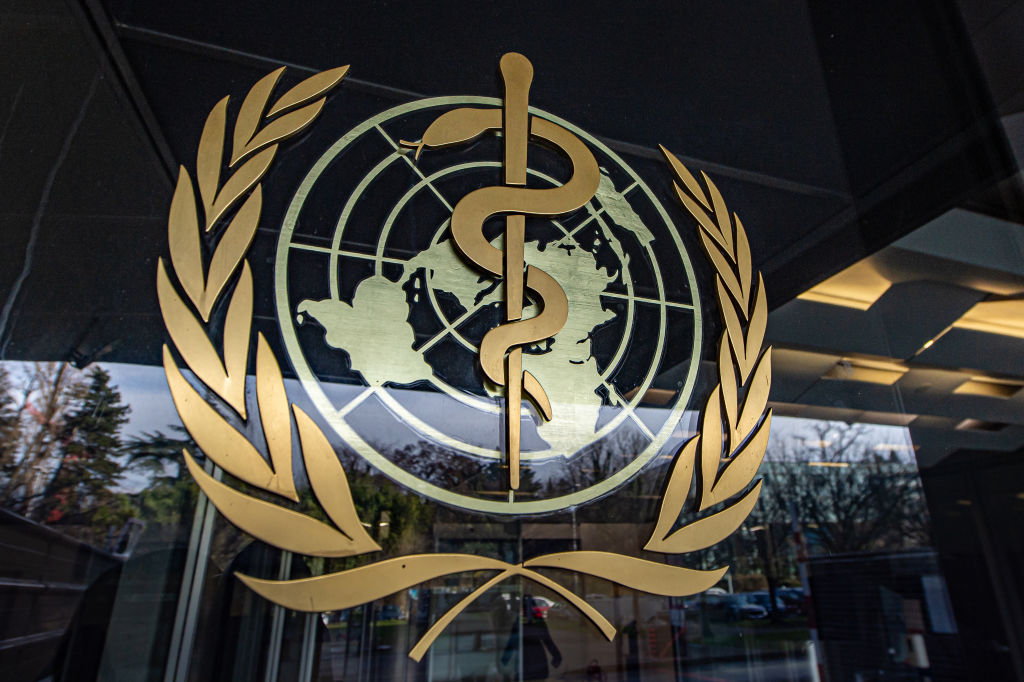A study conducted by India that demonstrated the positive impact of nutrition on tuberculosis (TB) outcomes has contributed to global guidance on combating the world’s most infectious disease, the World Health Organization (WHO) said. The agency also called for increased research and innovation to fight TB.
Led by the Indian Council of Medical Research (ICMR), the study — conducted in Jharkhand — provided the first evidence that offering additional nutrition helps prevent TB cases and reduces mortality in India.
“The findings from India’s RATIONS study on the impact of nutrition on TB outcomes and incidence have contributed to global guidance,” the WHO said during a three-day virtual workshop.
The WHO also urged the South-East Asia Region — which accounts for the highest share of TB cases and deaths globally — to urgently scale up research and innovation to meet End TB goals.
“In our region alone, nearly 5 million people developed TB and close to 600,000 died from the disease in 2023,” said Dr. Catharina Boehme, Officer-in-Charge, WHO South-East Asia Region.
“Achieving the ambitious targets of the WHO End TB Strategy requires collaboration to accelerate research and innovation. This includes adopting and using new tools, technologies, and drugs. Ensuring timely and equitable access to these innovations is critical to achieving impact at scale, leaving no one behind,” she added.
The WHO noted that the South-East Asia Region has made notable progress, including a rise in TB case notifications in 2023 — a sign of recovery following COVID-19-related setbacks.
However, progress remains insufficient to meet End TB Strategy targets.
Following the COVID-19 pandemic, TB has reemerged as the world’s leading cause of death from a single infectious agent. The disease disproportionately affects the poorest and most vulnerable, deepening existing inequalities.
To counter this, “countries in the region are increasingly leveraging new approaches such as artificial intelligence for case detection, computer-aided diagnostics, digital adherence tools, and direct benefit transfers for patients to streamline social support,” the WHO said.
Several countries are also conducting vital research, including epidemiological studies to assess disease burden.
However, the uptake of research outcomes remains uneven due to knowledge gaps and limited platforms for knowledge exchange and collaboration.
“Our progress is uneven. Research and innovation capacity varies across the region, and the results of these efforts are often siloed and inaccessible for collaborative use. The rise in drug-resistant TB remains very concerning,” said Boehme.
She stressed the need for “equitable access to the benefits of research and innovation, including vaccines, medicines, and diagnostics.”
IANS














